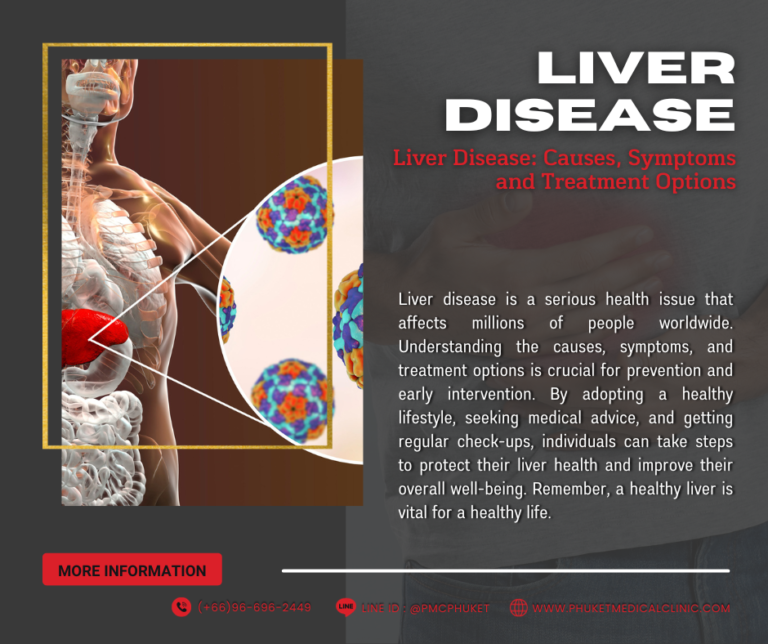Asthma is a chronic respiratory condition that affects millions of people worldwide. It can be a life-altering condition, but with proper understanding and management, individuals with asthma can lead fulfilling lives.
What is Asthma?
Asthma is a chronic lung condition characterized by inflammation and narrowing of the airways, leading to difficulty in breathing. It is a condition that can vary in severity, with symptoms ranging from mild to life-threatening. Asthma symptoms are often triggered by specific factors, including allergens, irritants, respiratory infections, exercise, or even stress.
Common Causes of Asthma
Understanding the causes of asthma is essential for effective management. While the exact cause remains unclear, several factors are believed to contribute to its development:
- a. Genetic Predisposition: Family history plays a significant role in asthma development. If you have close relatives with asthma or other allergic conditions, your risk may be higher.
- b. Allergens: Allergens such as pollen, dust mites, pet dander, and mold can trigger asthma symptoms in sensitive individuals.
- c. Environmental Factors: Exposure to tobacco smoke, air pollution, and occupational irritants can increase the risk of asthma or exacerbate existing symptoms.
- d. Respiratory Infections: Viral respiratory infections, especially during childhood, can contribute to the development of asthma in some individuals.

Symptoms of Asthma
Asthma symptoms can vary from person to person and may include:
- a. Shortness of breath
- b. Wheezing
- c. Coughing, especially at night or in the early morning
- d. Chest tightness or discomfort
It’s crucial to recognize these symptoms promptly and consult a healthcare professional for an accurate diagnosis.
Diagnosing Asthma
Asthma diagnosis typically involves:
- a. Medical History: A thorough review of your medical history and family history.
- b. Physical Examination: An evaluation of your respiratory symptoms.
- c. Lung Function Tests: Spirometry and peak flow tests are commonly used to assess lung function and confirm asthma.
Treatment of Asthma
Managing asthma effectively involves a combination of medication and lifestyle modifications. Here are key components of asthma management:
- a. Medications: Asthma medications are categorized into two main types: quick-relief (rescue) and long-term control medications. These medications help reduce symptoms and inflammation.
- b. Asthma Action Plan: Work with your healthcare provider to create a personalized asthma action plan that outlines how to manage your symptoms and when to seek emergency care.
- c. Allergen and Irritant Avoidance: Identify and minimize exposure to asthma triggers, such as allergens and irritants, in your environment.
- d. Regular Check-Ups: Schedule regular follow-up appointments with your healthcare provider to monitor your asthma and adjust your treatment plan as needed.
Asthma is a common respiratory condition that can affect anyone, but with proper understanding and management, individuals with asthma can lead healthy lives. By recognizing the causes, symptoms, and effective management strategies outlined in this article, you can take control of your asthma or support loved ones on their asthma journey. Always consult a healthcare professional for personalized guidance on asthma management.
Asthma – Diagnosis and Treatment in Phuket
Phuket Medical Clinic : Close, Expert Care. Dedicated Medical Professionals and Skilled Team providing Consultation and Treatment. Walk-in or Scheduled Appointments for Convenient and Efficient Services.
Book an appointment online : https://phuketmedicalclinic.youcanbook.me
Daily Open 🕙 10:00-18:00
Contact number ☎️ 096-696-2449
Line id : @pmcphuket or https://lin.ee/R1TKRDo
Map 📌https://goo.gl/maps/xu45eTQUTjgpukJa7
Website 🌐https://pmcclinicphuket.com
Feel free to consult with a doctor or ask further questions anytime.
Inbox : m.me/100483916443107
#healthcareclinic #คลินิกภูเก็ต
Phuket #Clinic #ภูเก็ตเมดิคอลคลินิก
#Phuketmedicalclinic






